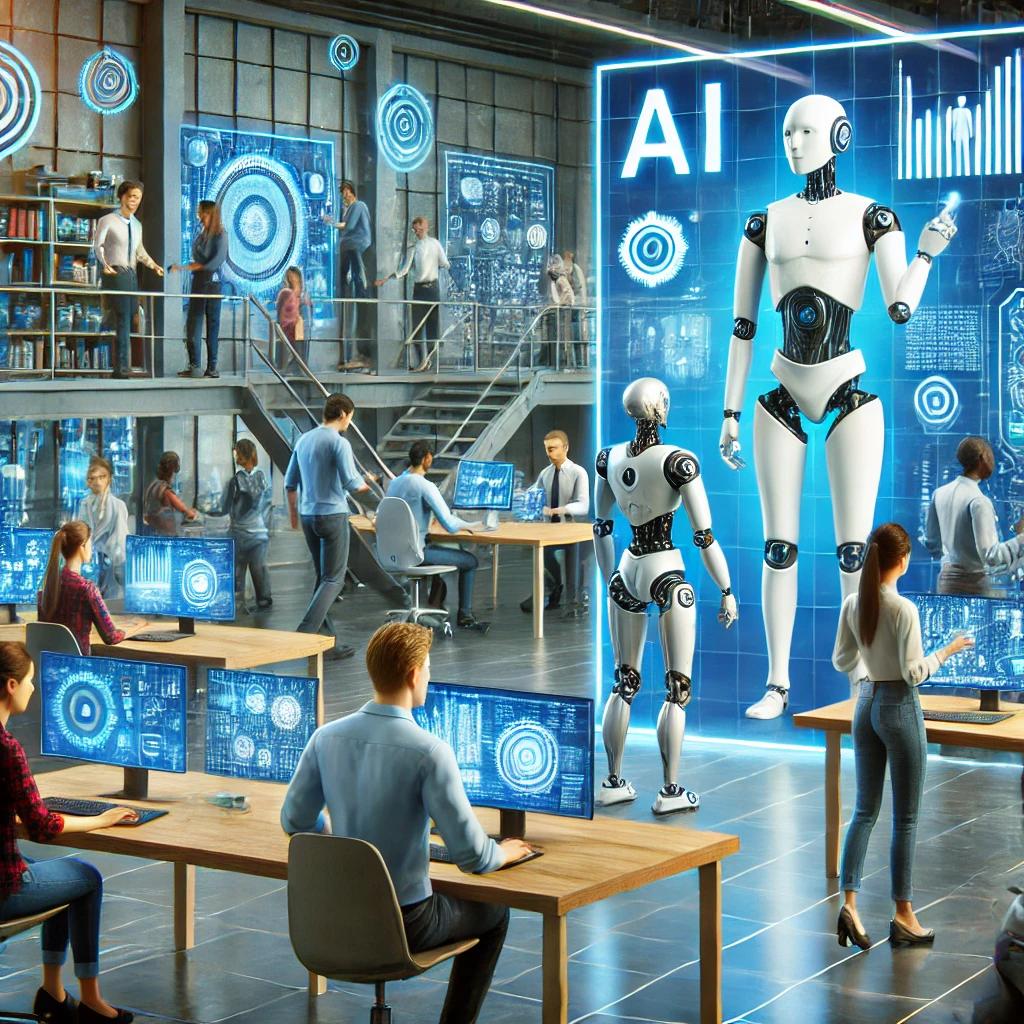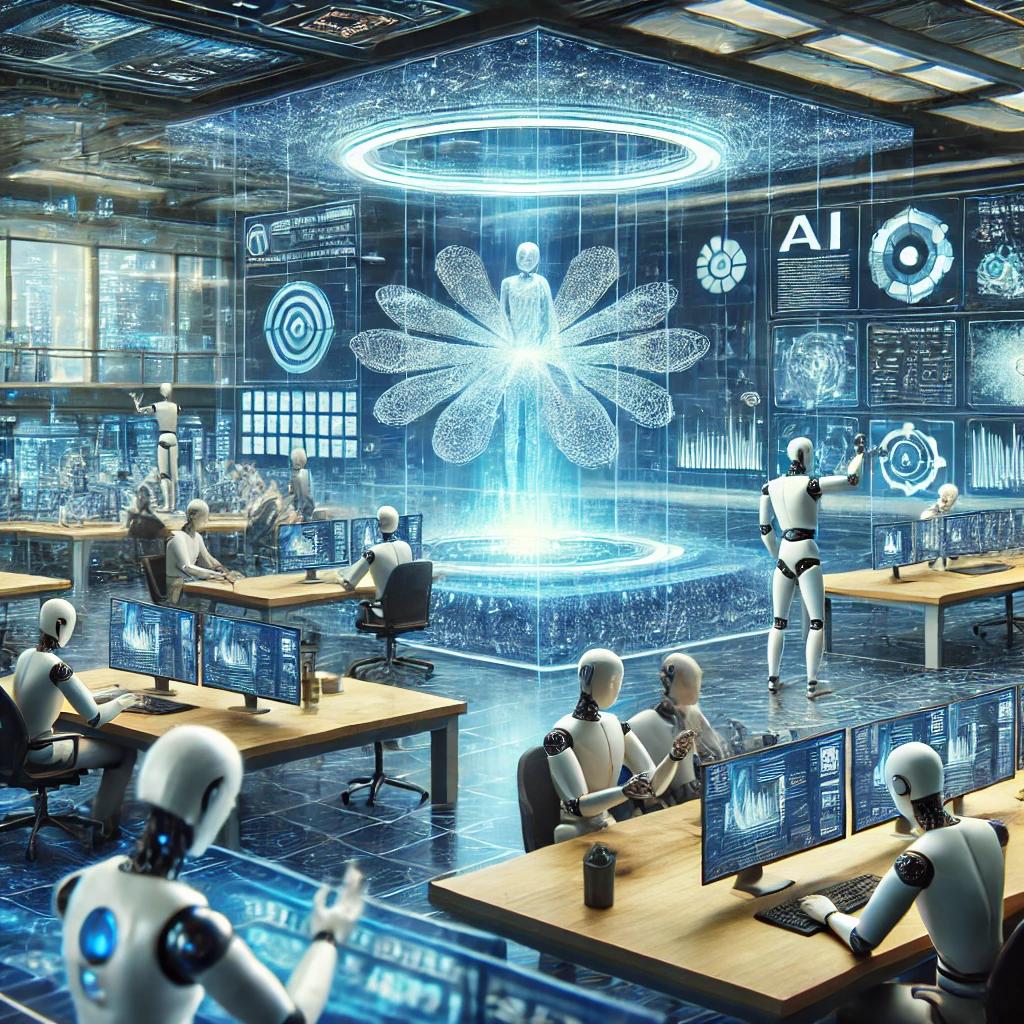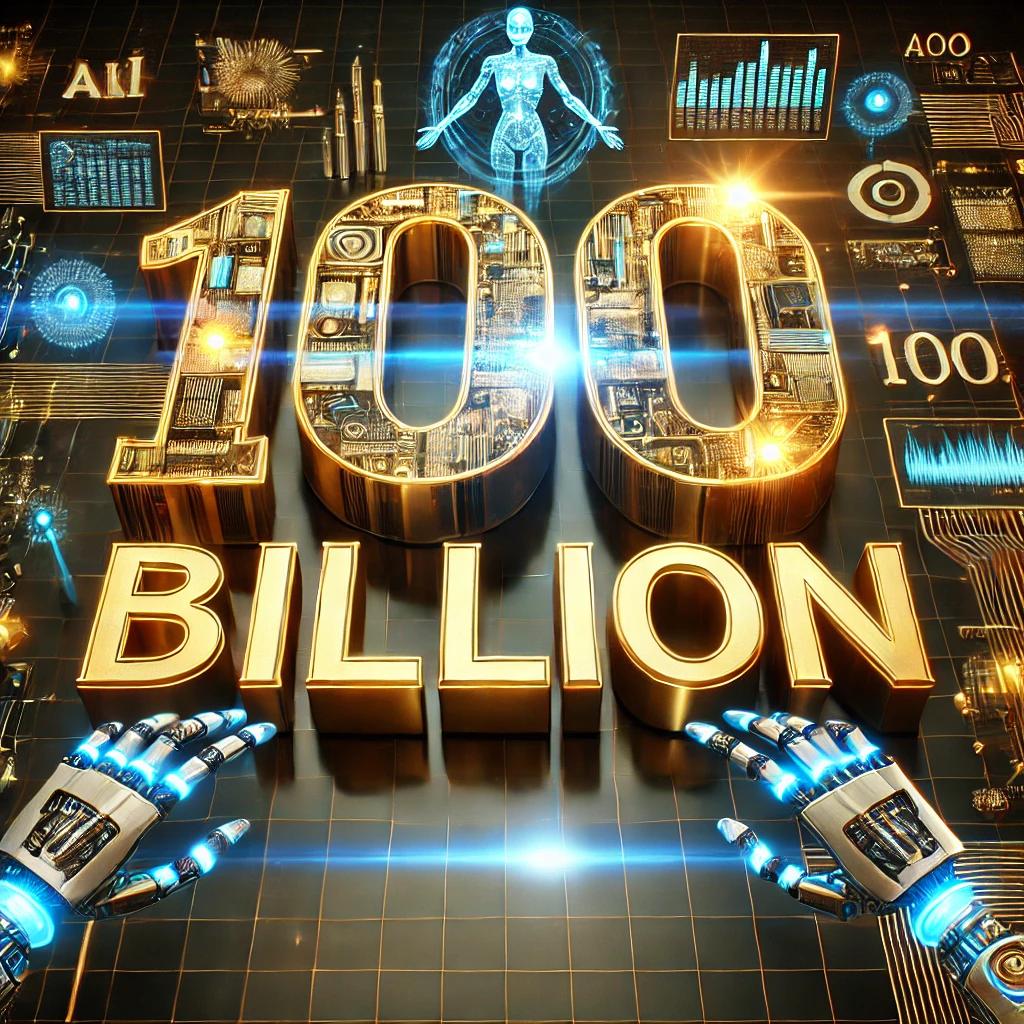The tech industry received groundbreaking news this week. SoftBank, led by CEO Masayoshi Son, announced a $100 billion investment in U.S. artificial intelligence (AI) projects. The investment, supported by President-elect Donald Trump, aims to create 100,000 American jobs over the next decade. This development has the potential to reshape the AI landscape and boost the U.S. economy.
A Historic Commitment to AI Innovation
SoftBank’s announcement is more than just a financial move. It represents one of the largest investments in AI in U.S. history. The company has long been at the forefront of tech innovation, previously launching the Vision Fund to support startups in robotics, IoT, and AI. This new initiative, however, focuses specifically on large-scale job creation and technological advancement in the United States.
According to The New York Post, the plan involves partnerships with existing tech firms and startups. These collaborations are designed to push boundaries in automation, machine learning, and AI infrastructure.
The Job Creation Promise
One of the most striking aspects of this deal is the job creation potential. Masayoshi Son has pledged that this investment will directly lead to 100,000 jobs in fields like software development, data analysis, and AI engineering. This aligns with growing concerns about AI-related job losses in other sectors. By emphasizing job creation, SoftBank positions itself as a leader in responsible AI growth.
Why Jobs in AI Matter
AI has been criticized for replacing human jobs in industries such as retail, manufacturing, and transportation. This investment could help reverse that narrative. It focuses on roles requiring specialized skills and creativity, like building AI algorithms or managing data systems.
According to Wired, AI’s energy demands are also creating new opportunities. Jobs in sustainable energy production and infrastructure development will likely grow in parallel with AI expansion.

The Geopolitical Context
This announcement also carries significant geopolitical implications. China and Europe have made aggressive AI investments in recent years. For example, China’s government plans to dominate AI by 2030, with billions in funding for research and development. By partnering with SoftBank, the U.S. positions itself as a serious contender in the global AI race.
Furthermore, AI innovation has national security implications. Breakthroughs in machine learning can influence areas like cybersecurity, defense, and critical infrastructure. With this investment, the U.S. could reduce reliance on foreign technologies and bolster its technological sovereignty.
The Challenges Ahead
While this investment is promising, it also faces hurdles. Scaling up AI projects requires not just funding, but also skilled talent and supportive infrastructure. The U.S. education system will need to adapt quickly to produce the workforce required for such ambitious plans.
Moreover, regulatory frameworks must evolve. As AI expands, ethical concerns around data privacy and algorithmic bias grow more pressing. Policymakers must balance fostering innovation with protecting citizens from potential harm.
The Broader Impact on the Tech Ecosystem
The ripple effects of this investment will likely extend beyond AI. Industries like healthcare, transportation, and education stand to benefit from AI-powered solutions. Startups may also receive a boost, as SoftBank’s Vision Fund has historically targeted early-stage innovators.
Startups like OpenAI and DeepMind have already demonstrated AI’s potential to solve complex problems. With additional funding, new players could emerge, tackling issues from climate change to medical breakthroughs.
Conclusion
SoftBank’s $100 billion investment is a game-changer for the U.S. AI sector. It promises not only to create jobs but also to strengthen America’s position in the global tech arena. However, challenges like workforce development and regulation need attention to maximize the benefits.
As the partnership unfolds, the U.S. will likely see advancements in innovation, economic growth, and AI’s practical applications. This historic commitment could define the next decade of technology and set the stage for a more sustainable and inclusive AI revolution.
For more information, check out the original report by The New York Post.


